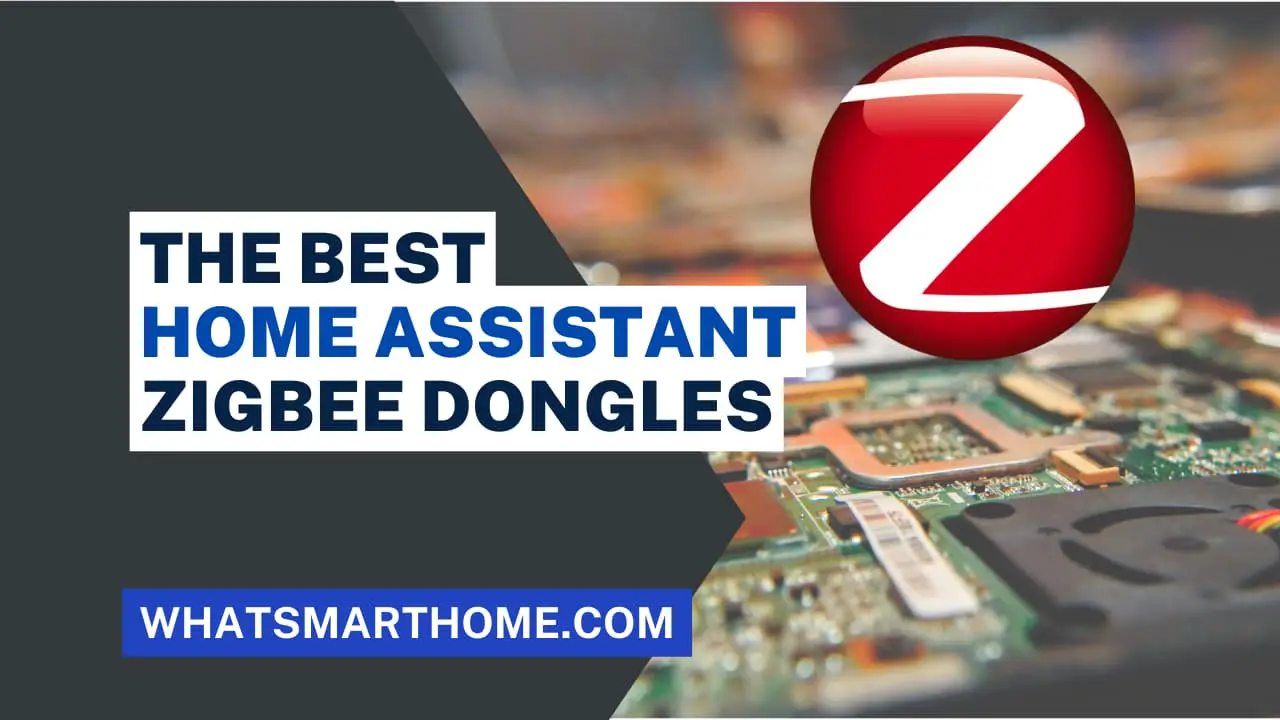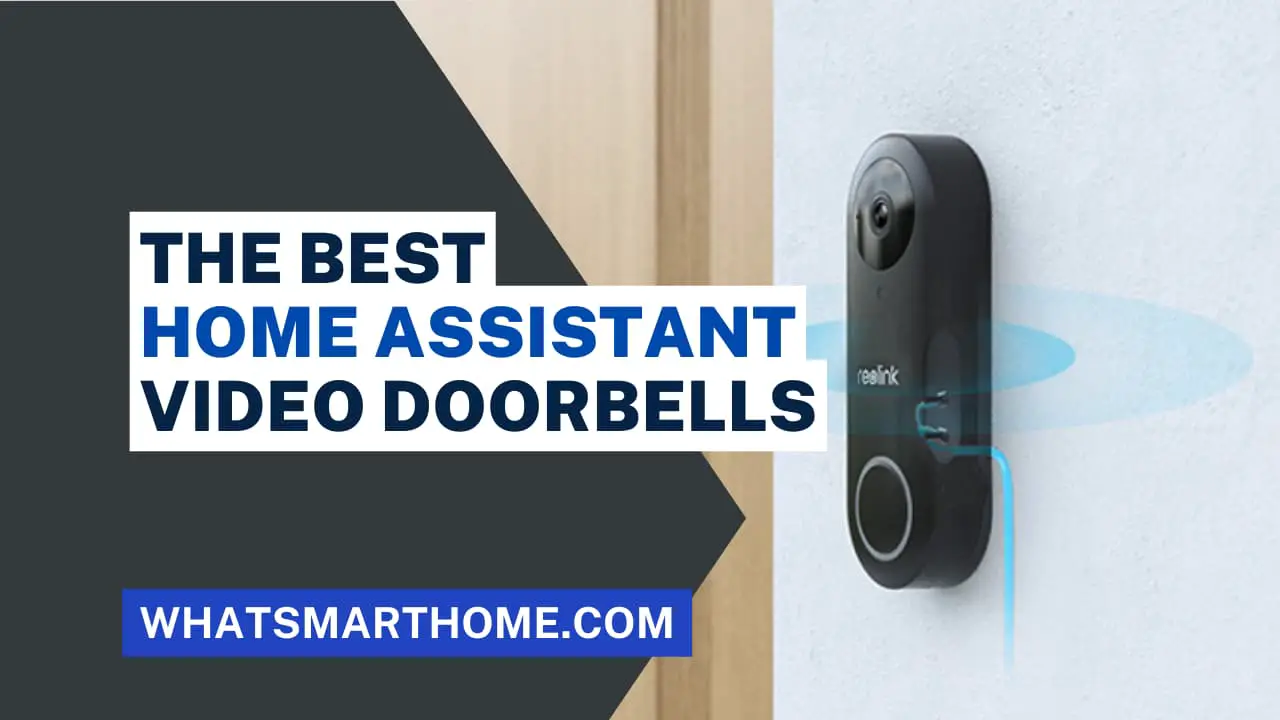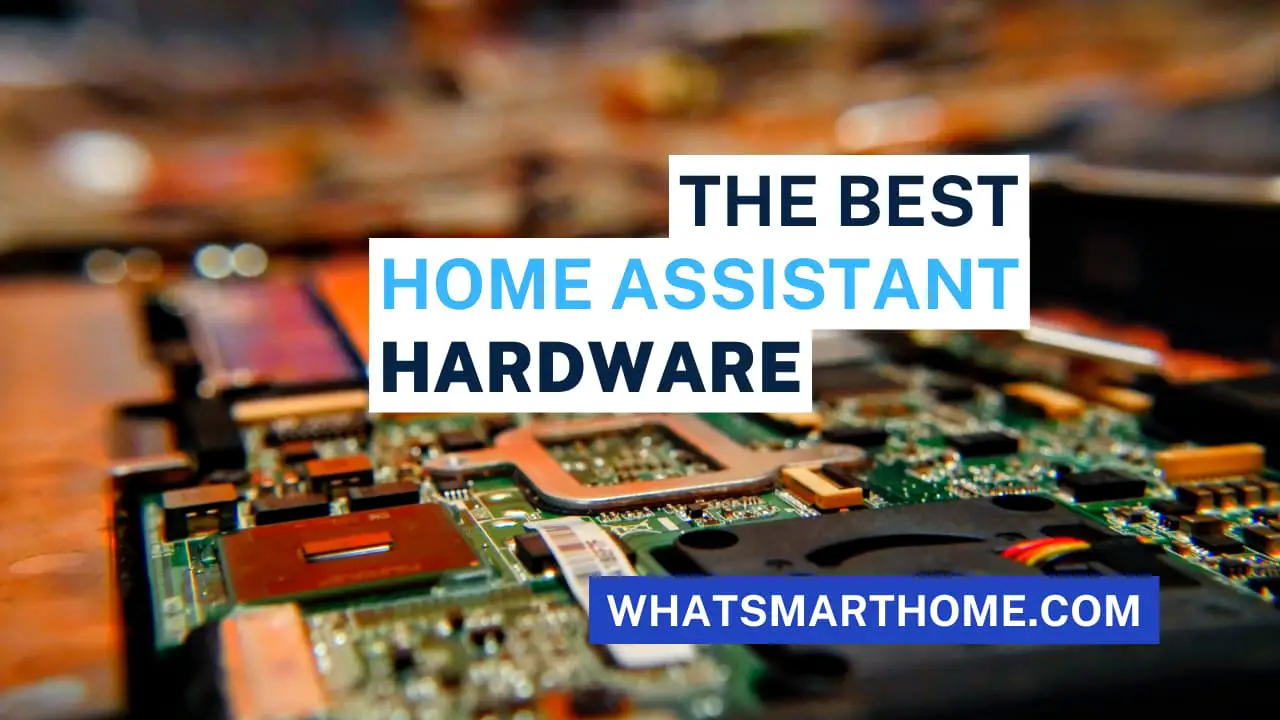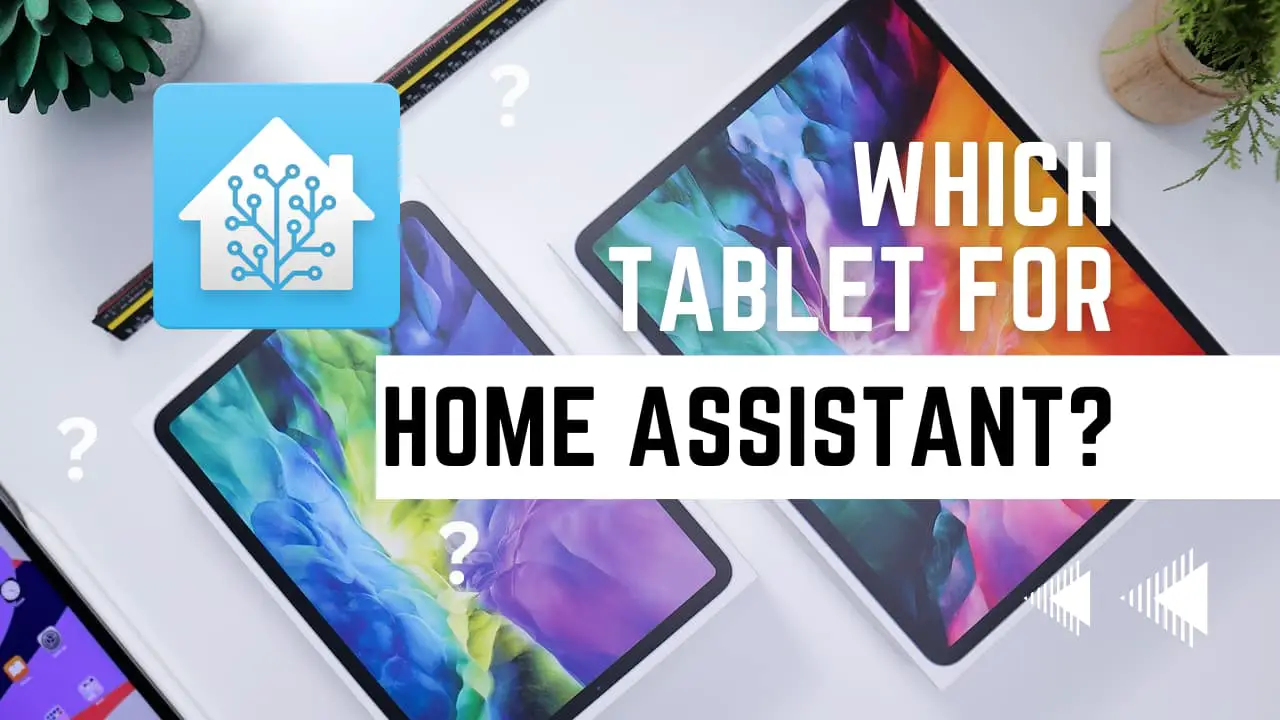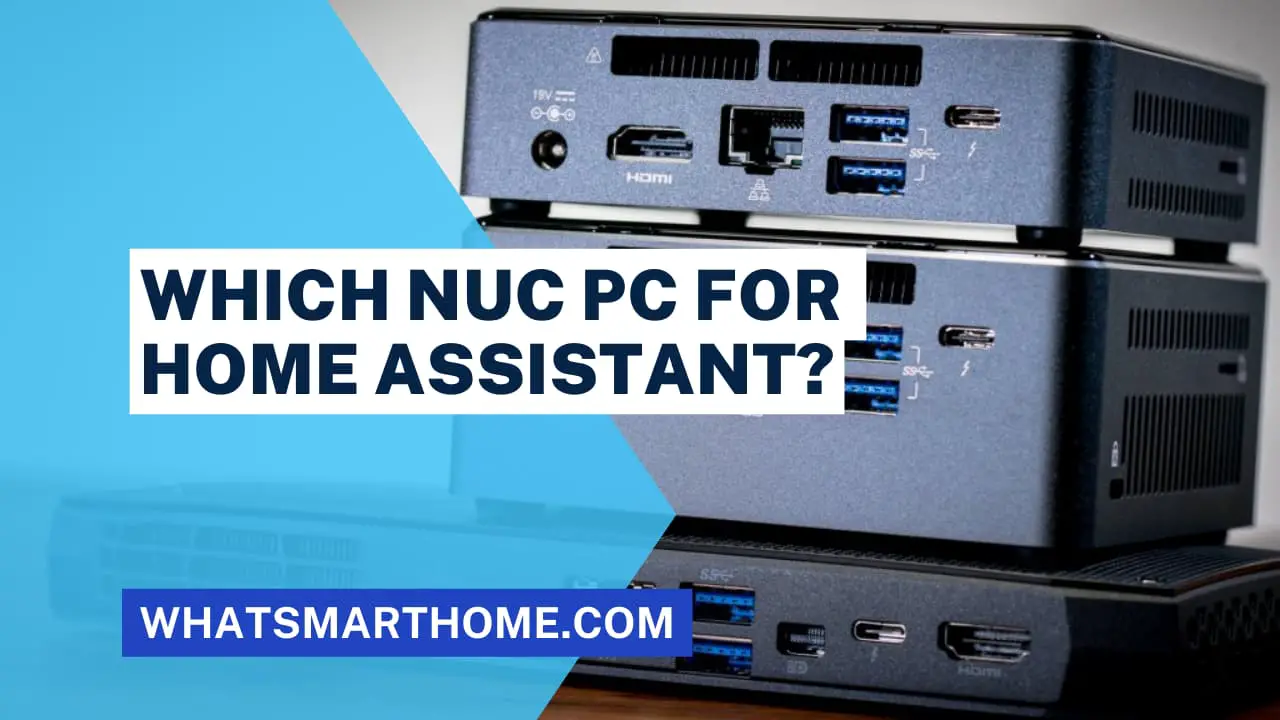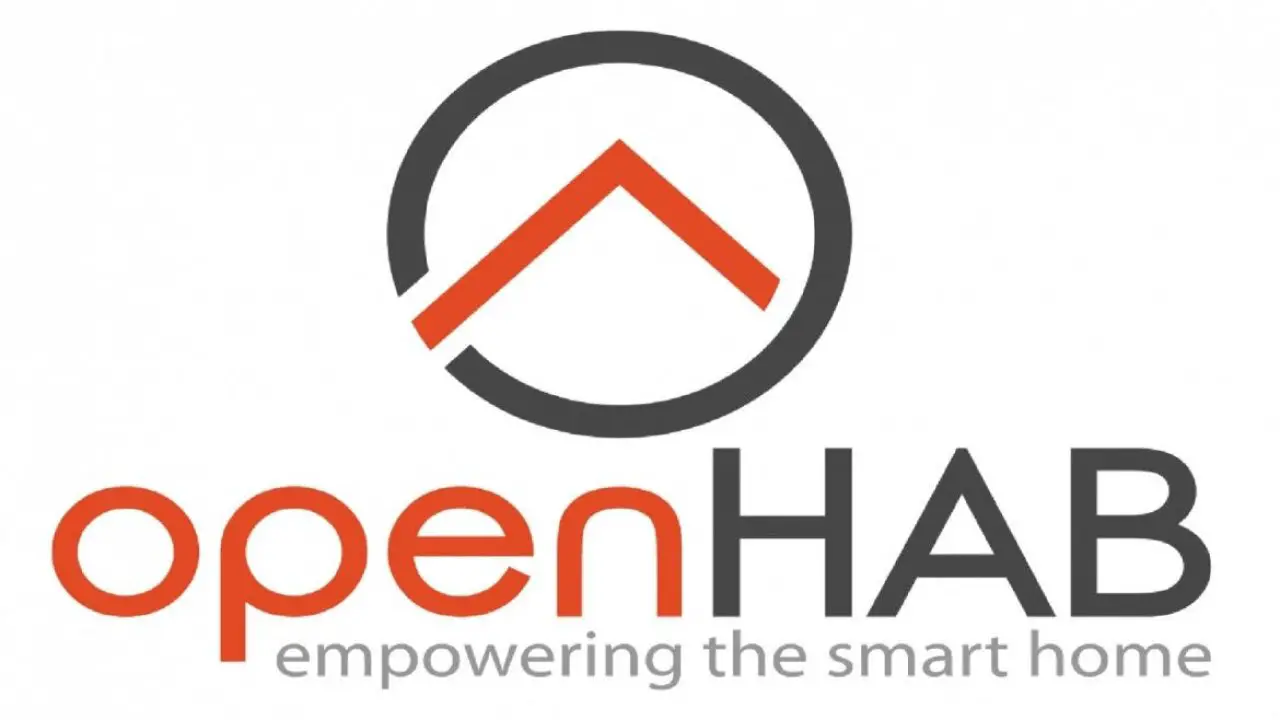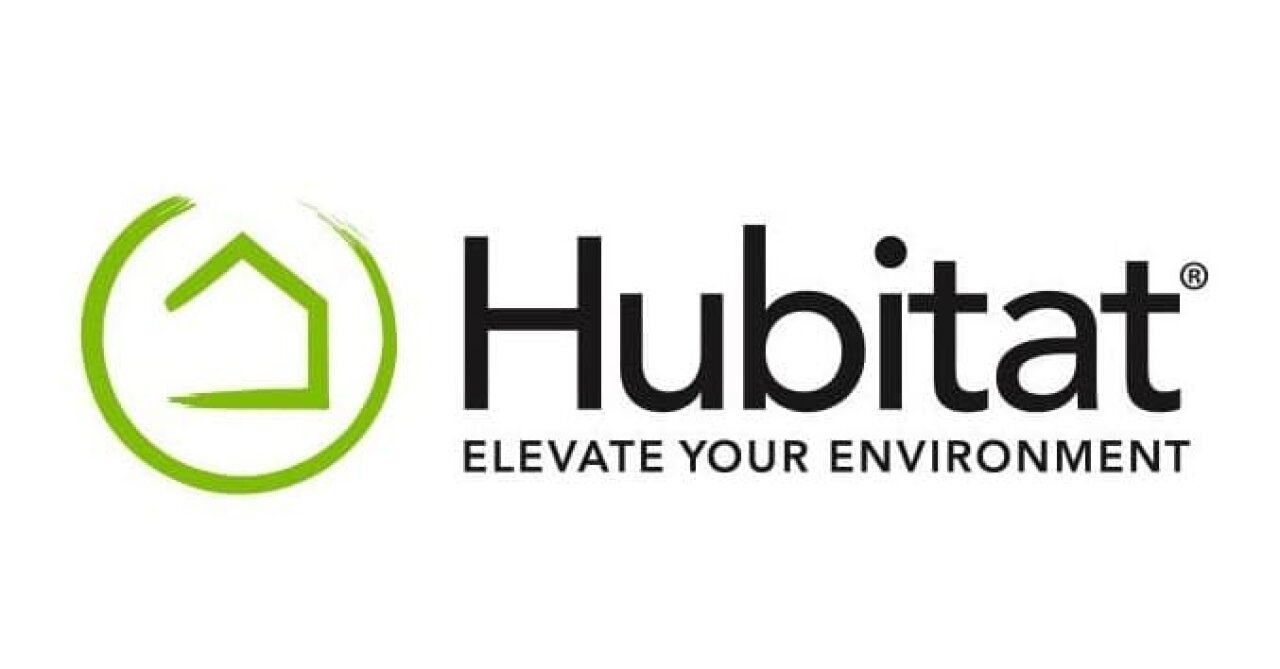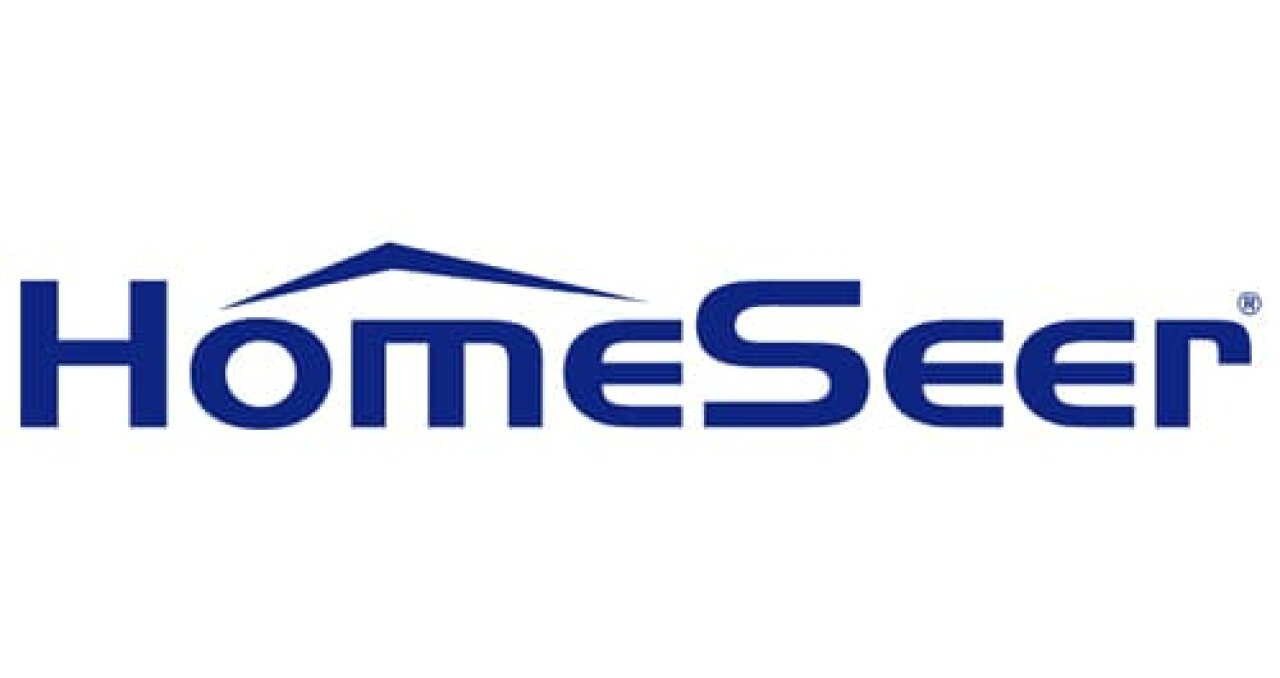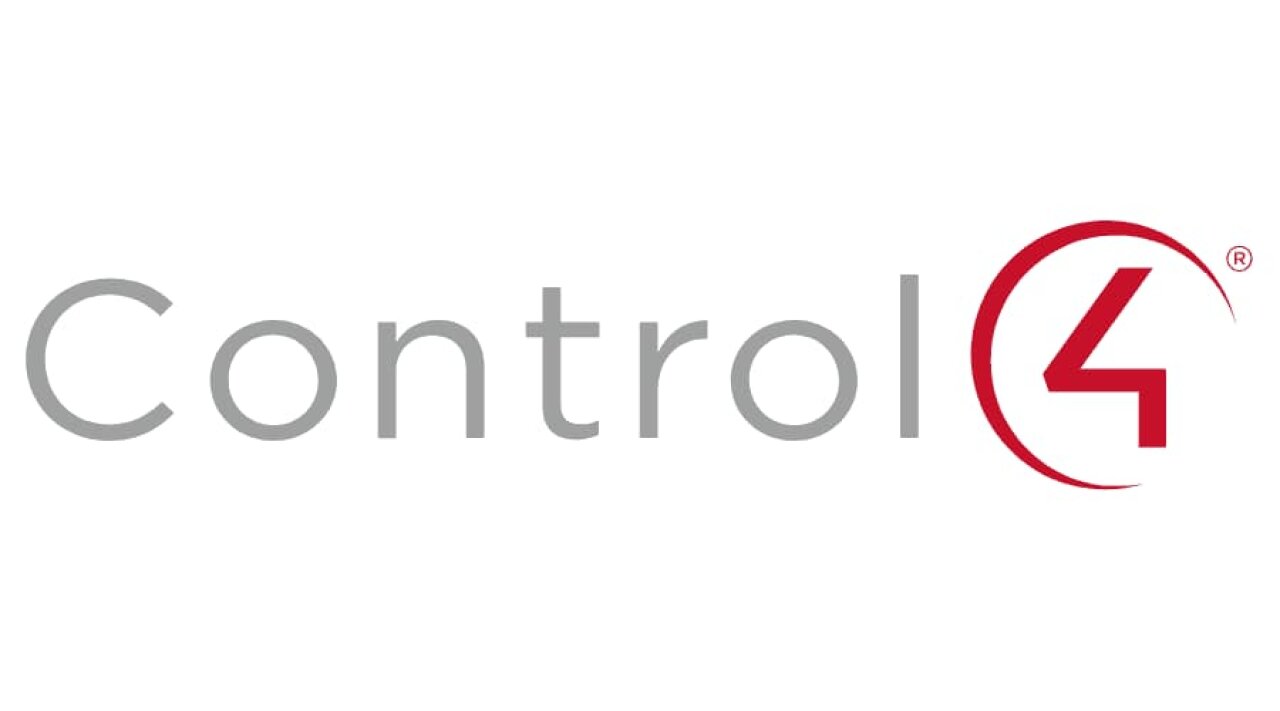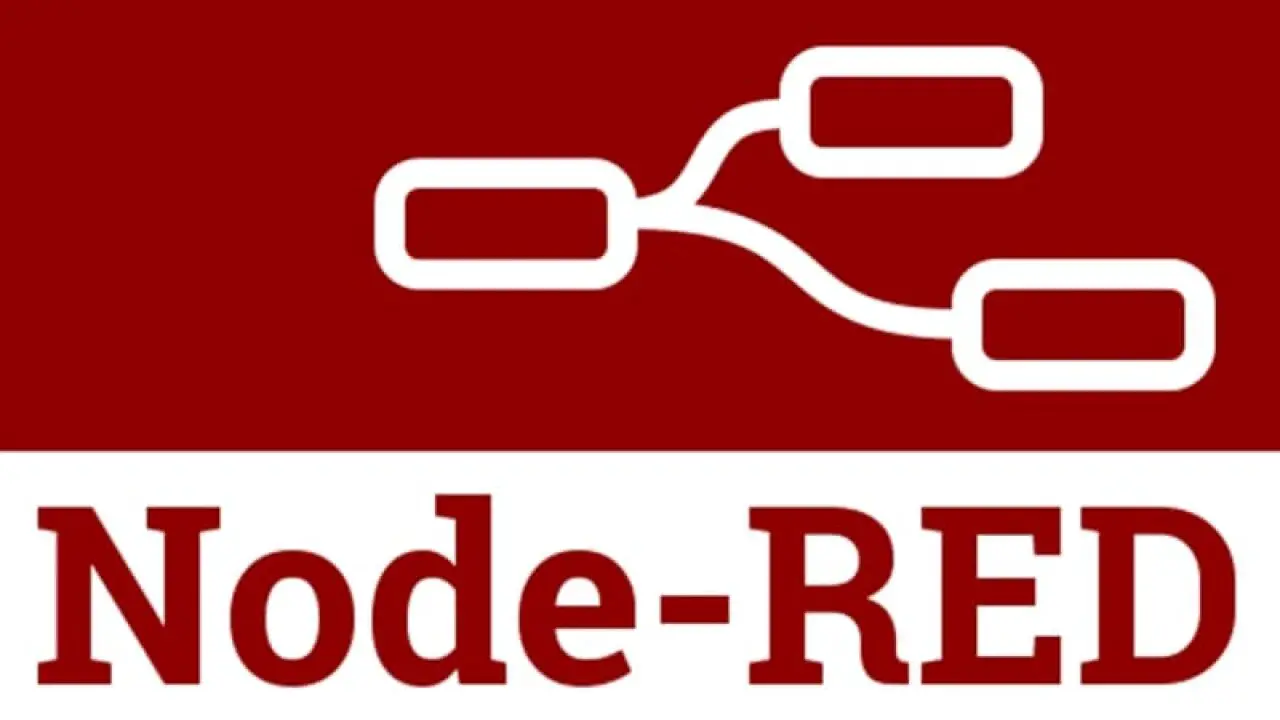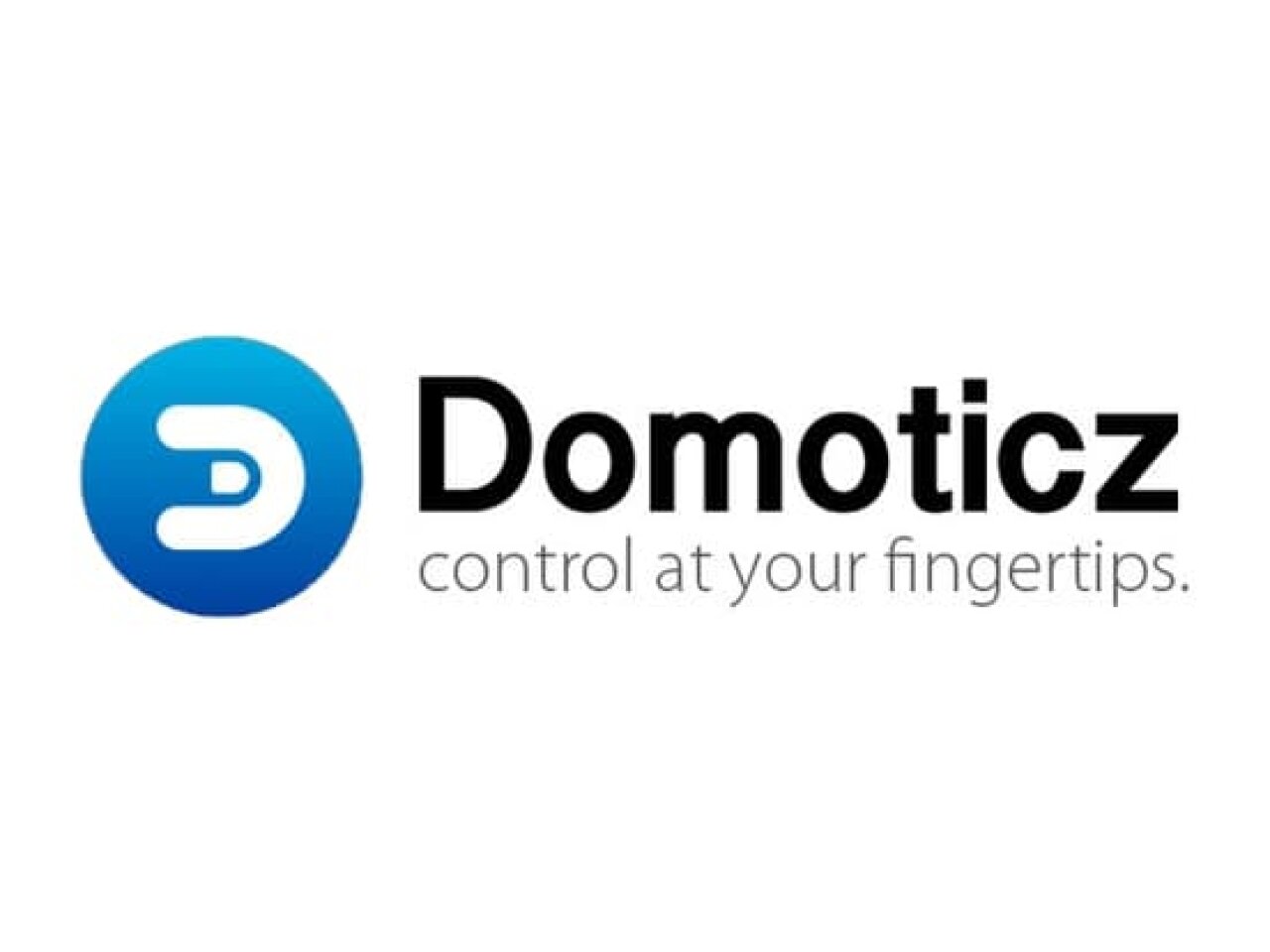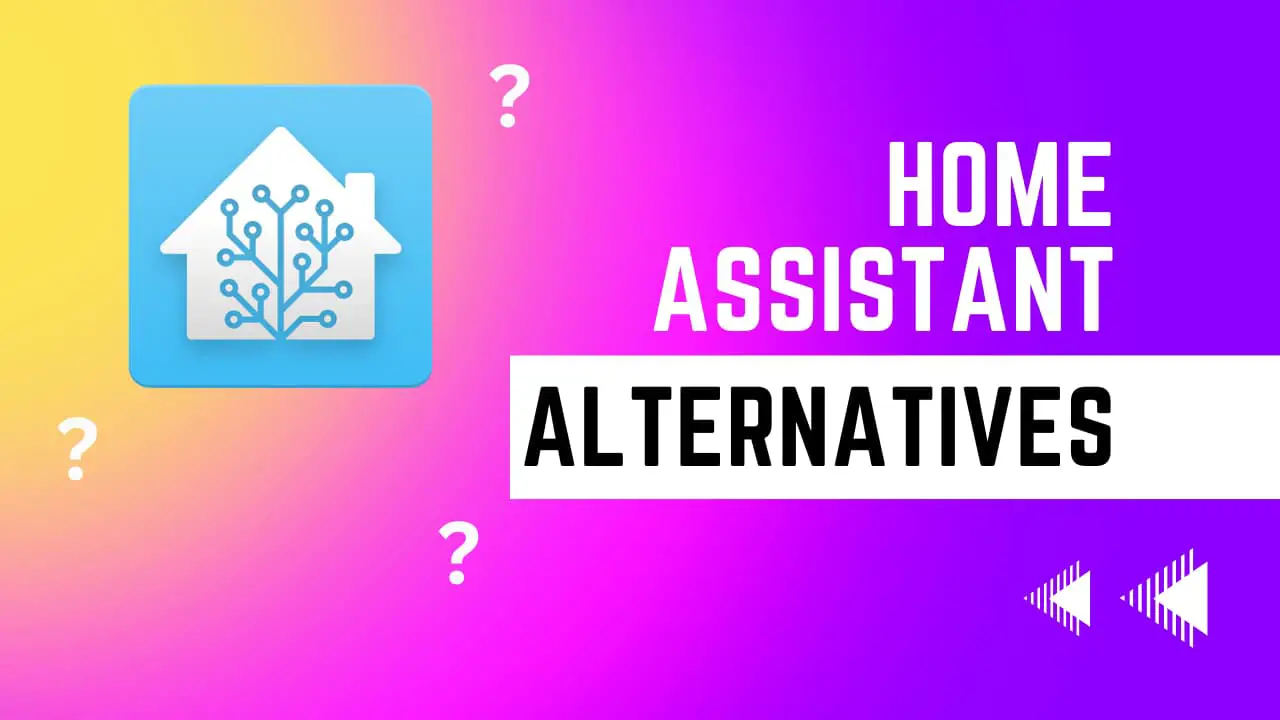
When it comes to smart home automation, Home Assistant is a popular open-source platform that allows users to control their devices and automate tasks. However, it may not be the best fit for everyone.
In this article, I will take a closer look at some of the top Home Assistant alternatives to help you decide which platform is right for you.
Is There A Better Alternative To Home Assistant?
I can say that there are several alternatives to Home Assistant available in the market. However, the "better" alternative depends on your specific needs and preferences.
Ultimately, the best alternative to Home Assistant depends on your specific needs and preferences. You may want to try out a few different options listed in this article to find the one that works best for you.
Is Home Assistant necessary?
Home Assistant is not necessary for everyone. It is a home automation platform that allows you to control various smart devices from a single interface. If you have multiple smart devices in your home, Home Assistant can be a convenient way to manage them all in one place.
However, if you only have a few smart devices and you're comfortable using individual apps or voice assistants to control them, then Home Assistant may not be necessary for you.
Whether or not Home Assistant is necessary depends on your specific needs and preferences. If you're interested in exploring home automation and want a centralized platform to control your devices, then Home Assistant may be worth considering. But if you're content with your current setup and don't feel the need for a centralized platform, then Home Assistant may not be necessary for you.
Home Assistant vs The Rest
If you want to know if Home Assistant is any good you have to know what else is out there, here are some of the most well-known alternatives to home assistant.
1. OpenHAB
OpenHAB is another open-source platform that offers similar functionality to Home Assistant. It's highly customizable and can integrate with a wide range of devices, including Z-Wave, Zigbee, and Bluetooth. One of the key benefits of OpenHAB is its user-friendly interface, which makes it easy to set up and use. Additionally, OpenHAB has a large community of developers and users who can provide support and share tips and tricks. Check out my article on Home Assistant vs OpenHAB which may help you.
2. SmartThings
SmartThings is a closed-source platform developed by Samsung. It's compatible with a wide range of devices and offers a user-friendly interface that's easy to navigate. SmartThings also has a large community of users who can provide support and share tips and tricks. One of the downsides of SmartThings is that it's not as customizable as some of the other options on this list. I wrote this article comparing it with Home Assistant.
3. Wink
Wink is a closed-source platform compatible with a wide range of devices and offers a user-friendly interface that's easy to navigate. Wink also has a large community of users who can provide support and share tips and tricks. One of the downsides of Wink is that it's not as customizable as some of the other options on this list.
4. Vera
Vera is a closed-source platform compatible with a wide range of devices and offers a user-friendly interface that's easy to navigate. Vera also has a large community of users who can provide support and share tips and tricks. One of the downsides of Vera is that it's not as customizable as some of the other options on this list.
5. Insteon
Insteon is a closed-source platform compatible with a wide range of devices and offers a user-friendly interface that's easy to navigate. Insteon also has a large community of users who can provide support and share tips and tricks. The downsides of Insteon are that it's not as customizable as some of the other options on this list and there is no local control for devices on the platform.
6. Hubitat
Hubitat is a smart home automation platform that allows you to control and automate various devices in your home, such as lights, locks, thermostats, and sensors, among others. It is designed to be a local solution that runs entirely on your home network without relying on cloud services.
In terms of its openness, Hubitat is considered a closed system. This means that the platform's source code is not publicly available, and the company maintains full control over the software and hardware. However, Hubitat does offer a robust set of tools and APIs that allow advanced users to develop custom integrations and apps, making it a more flexible and customizable platform compared to some other closed systems.
Check out my article comparing HA with Hubitat for further information.
7. HomeSeer
HomeSeer is a closed-source platform compatible with a wide range of devices and offers a user-friendly interface that's easy to navigate. HomeSeer also has a large community of users who can provide support and share tips and tricks. One of the downsides of HomeSeer is that it's not as customizable as some of the other options on this list.
8. Control4
Control4 is a closed-source platform compatible with a wide range of devices and offers a user-friendly interface that's easy to navigate. Control4 also has a large community of users who can provide support and share tips and tricks. One of the downsides of Control4 is that it's not as customizable as some of the other options on this list.
I recently wrote an article looking at the differences between Control4 and Home Assistant.
9. Node-Red
Node-RED is an open-source flow-based programming tool that enables users to create event-driven applications with a browser-based editor. It provides a visual programming environment where users can drag and drop nodes onto a canvas and connect them to create flows.
Node-RED is highly customizable and can be extended with plugins and integrations. It also provides a dashboard feature that allows users to create a web-based user interface for their flows.
Many differences between Home Assistant and Node-RED are described in the following article.
10. Domoticz
Domoticz is an open-source home automation platform that allows users to control and monitor various smart devices from a single interface. It supports a wide range of devices and protocols, making it a versatile option for home automation.
One advantage of an open system like Domoticz is that it allows for greater flexibility and customization. Users can modify the platform to support new devices and protocols, integrate with other systems, and add new features. Additionally, an open system is typically more transparent, which can provide greater security and reliability.
More Home Assistant Alternatives
Google Home
Amazon Alexa
Homebridge - See my Home Assistant comparison article
HomeKit - See my Home Assistant vs HomeKit article
Homey
Home Assistant Alternatives Comparing Controllability
Cloud Controlled | Local Controlled | Local Open |
Google Home | HomeKit | Home Assistant |
What is the best Home Assistant alternative?
I would say OpenHAB is the best alternative to Home Assistant for DIYers and that Samsung SmartThings is the best alternative for those looking for a simple out-of-the-box solution that is easier to operate.
When choosing a Home Assistant alternative, it's essential to consider your specific needs and preferences. Factors to consider include the level of customization, the number of compatible devices, and the availability of support and resources. With the wide range of options available, you're sure to find a platform that meets your needs and helps you to create the smart home of your dreams.


